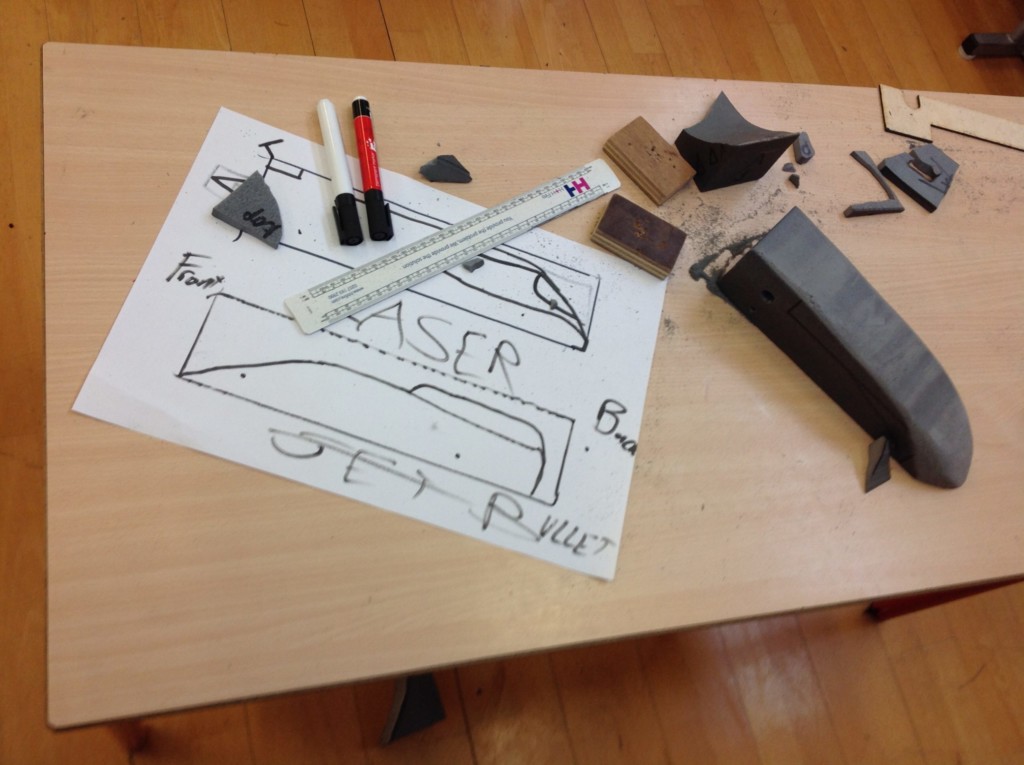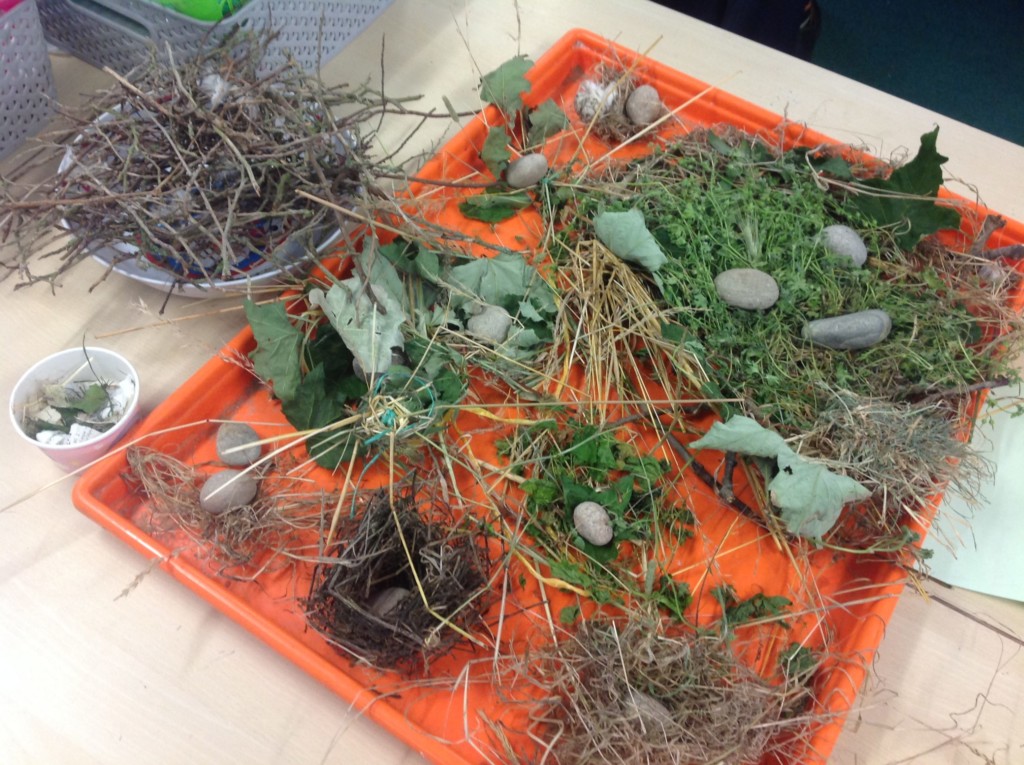
- Science Planning Overview (457.73KB)
- Knowledge and Skills Organisers Plants (751.18KB)
- Knowledge and Skills Organisers Materials (831.48KB)
- Knowledge and Skills Organisers Forces (610.33KB)
- EYFS Understanding of the World (693.53KB)
- Knowledge and Skills Organiser: Electricity (650.78KB)
- Science National Curriculum (225.64KB)
Aims
At St Andrew’s Primary School, we recognise the importance of Science in every aspect of daily life. As one of the core subjects taught in Primary Schools, we give the teaching and learning of Science the prominence it requires. We take our intent from the National Curriculum and the identified needs of our children.
The national curriculum for science aims to ensure that all pupils:
- develop scientific knowledge and conceptual understanding through the specific disciplines of biology, chemistry and physics;
- develop understanding of the nature, processes and methods of science through different types of science enquiries that help them to answer scientific questions about the world around them;
- are equipped with the scientific knowledge required to understand the uses and implications of science, today and for the future;
In addition, we want our children to;
- develop a love of science and enquiry;
- be open to the wonder of the world;
- use local environment and outdoor learning spaces at school (eg Forest school, Copping’s Corner);
- provide our children with wider opportunities in science and make links to other subjects;
- have exciting, practical experiences;
Intent: the knowledge and skills that pupils will gain at each stage through the school’s curriculum
Our science curriculum builds from the relevant EYFS development Matters statements for Nursery and Reception through the National Curriculum science statements for Year 1 to Year 6, in a sequential manner.
Our science Knowledge Organisers, in conjunction with the Plan Assessment Knowledge Matrices, provide the structure for our science curriculum.
Teachers use the Knowledge Organisers and Plan Assessment Knowledge Matrices as their starting point to plan their lessons. Our teachers also use supplementary materials to support their planning – such as Snap Science Scheme, Twinkl, Hamilton or PlanBee.
Disciplinary knowledge
When planning half termly modules, teachers use working scientifically wheels to help determine the teaching approach for specific science lessons. These wheels make explicit the key features of scientific enquiry, so that pupils learn to use a variety of approaches to answer relevant scientific questions. The types of scientific enquiry include
- observing over time;
- pattern seeking;
- identifying,
- classifying and grouping;
- comparative and fair testing (controlled investigations);
- researching using secondary sources.
- seeking answers to questions through collecting, analysing and presenting data.
Implementation: How the curriculum is taught and assessed.
Early Years:
Adult led tasks:
Science within the early years is taught under the heading “Understanding the World” which is one of the seven key areas of learning. Teaching of understanding the world is linked to half termly topics for example children explore floating and sinking when thinking about the gingerbread man in the Traditional Tale topic.
Teachers aim to extend the children’s vocabulary around the areas being investigated.
Tasks are always of a practical nature and usually consist of a gro up discussion before leading into an adult led group task. Towards the end of the EYFS children begin to record their findings in their own way.
Child Initiated learning;
During independent time children are encouraged to explore the world around them both inside and outside. This can lead to science based activities for example in winter months exploring melting in the garden when they find ice.
Each week the children take part in a forest school session where they have the opportunity to explore nature and take part in exploratory nature tasks.
Key Stage 1 and 2: When/ how we teach
Science throughout KS1 and KS2 is taught once a week for an afternoon in all classes.
Throughout the academic Year classes will engage in Forest School/ outdoor learning sessions linked to science where they are appropriate.
Using the science subject knowledge organiser and working scientifically wheels, teachers across KS1 and KS2 plan and deliver lessons that build upon prior knowledge from previous year groups and previous sessions.
Staff will regularly look at previous learning, to help children embed what they have previously learnt in their long-term memories. This may be through questions and answers, short quizzes,, looking at past work, or short videos.
We regularly assess the children throughout teaching lessons.
Impact: the outcomes that children achieve as a result of their education
In our assessment of the impact of science in St Andrew’s we would expect to see;
- children who are building up their substantive knowledge of science, not just facts and figures but also about scientific thought, models and theories. That they understand that our scientific knowledge is continuously growing. That it is a vibrant and exciting subject;
- children who have a growing disciplinary knowledge of the subject.
- Teachers who feel that they are well supported with materials, resources and training to help them plan meaningful, sequential and knowledgeable units of work.
- children enjoying and being enthusiastic about science in our school – this may be assessed by pupil voice conferences, House discussions or seen in observations;
- that children’s work shows a range of topics and evidence of the curriculum coverage for all science topics and clear progression.
- that children are becoming increasingly independent in science, selecting their own tools and materials, completing pupil lead investigations and choosing their own strategies for recording;
- standards in science at the end of the key stages are good and issues arising are addressed effectively in school;
- our SLT and governors are kept up to date with developments in the way science is run in our school with subject reports, action plans and review meetings.

